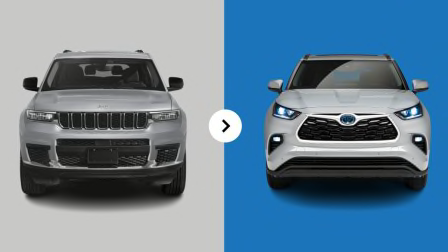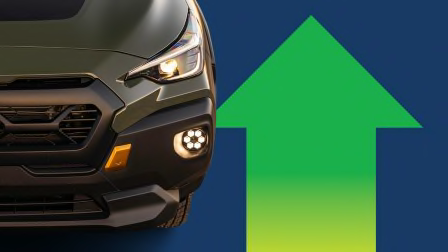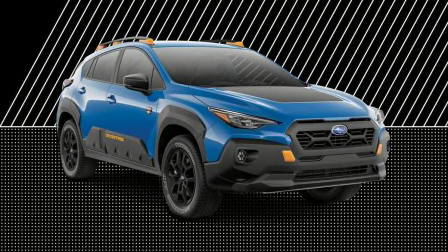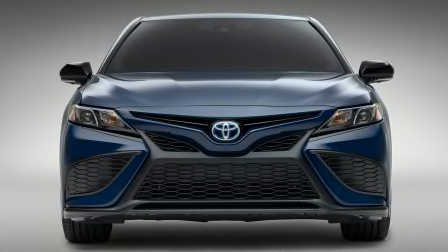Electric Vehicles Are Less Reliable Than Conventional Cars
Hybrids are the most reliable cars and PHEVs the least reliable in CR’s most recent survey; Tesla's Model Y is newly recommended
Electric vehicle owners continue to report far more problems with their vehicles than owners of conventional cars or hybrids, according to Consumer Reports’ newly released annual car reliability survey. The survey reveals that, on average, EVs from the past three model years had 79 percent more problems than conventional cars. Based on owner responses on more than 330,000 vehicles, the survey covers 20 potential problem areas, including engine, transmission, electric motors, leaks, and infotainment systems.
“Most electric cars today are being manufactured by either legacy automakers that are new to EV technology, or by companies like Rivian that are new to making cars,” says Jake Fisher, senior director of auto testing at Consumer Reports. “It’s not surprising that they’re having growing pains and need some time to work out the bugs.” Fisher says some of the most common problems EV owners report are issues with electric drive motors, charging, and EV batteries. (Note: Charging problems reported by members are with the vehicle, not with home or public chargers.)
See the most reliable electric cars.


Hybrid Reliability Shines
This year’s survey data show that hybrids continue to be among the most reliable vehicle type: Hybrids have 26 percent fewer problems than conventional models, even though they have both a conventional powertrain and an electric motor and therefore more potential problem spots than conventional cars.
“It might not seem that long ago, but Toyota launched the Prius hybrid about 25 years ago,” Elek says. “Automakers have been making hybrids long enough that they’ve gotten really good at it. Plus, many hybrids are also made by manufacturers that tend to produce reliable vehicles overall, such as Toyota, Hyundai, and Kia.”
Learn more about the reliability of new and used cars.
Hybrids also are not typically loaded with high-tech features like multiple customizable displays that can be problem-prone, which is why Fisher says they are great options for drivers who are more interested in getting ideal fuel mileage than they are in bells and whistles. “These vehicles are not necessarily a tour de force of technology, so there’s just less that can go wrong with them,” he says.
Plug-in hybrid electric vehicles (PHEVs), which have both a battery for short-range electric driving and an internal combustion engine for long-range driving, are the least reliable category—146 percent more problems than conventional cars.
“PHEVs are sort of like an EV and a conventional car rolled into one, so by their nature they have more things that can go wrong with them,” Fisher says.
For example, the conventional version of the Chrysler Pacifica minivan has a reliability score high enough to be newly recommended this year. But the reliability score of the PHEV version of the Pacifica is well below average and the model is not recommended. “Issues with the hybrid drivetrain and charging system pull down the minivan’s reliability score,” Elek says.
Fisher says there are always exceptions to these reliability trends, which is why it’s vital to consider the reliability score of any model before buying. “PHEVs as a class are unreliable, but the Toyota RAV4 Prime plug-in hybrid is one of the most reliable models in our survey this year. Similarly, the Ford F-150 hybrid has transmission and other issues that buck the trend of strong hybrid reliability.”
















